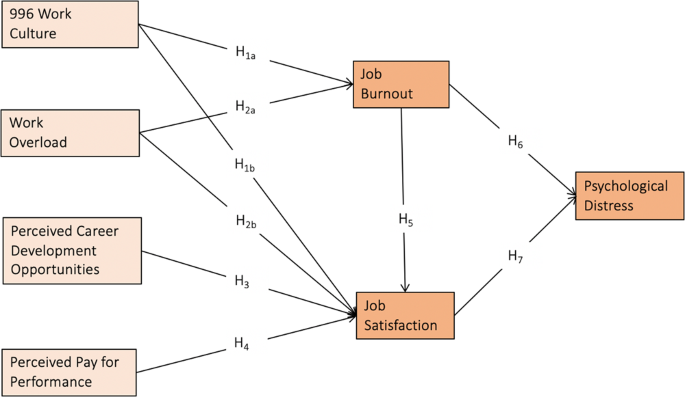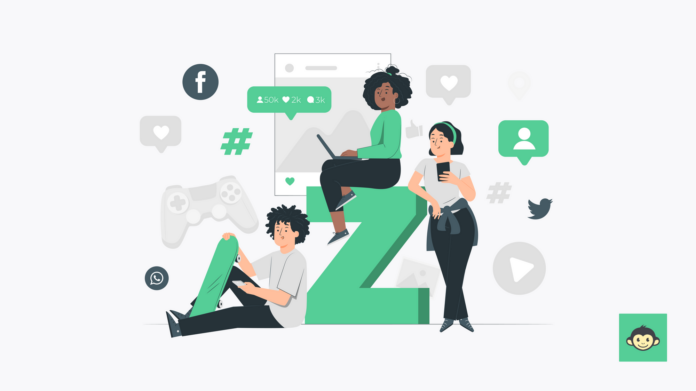Generation Z, often defined as those born between the late 1990s and the early 2010s, has been a vocal cohort, unafraid to question norms and express their candid opinions. In 2024, their discussions about work took a reflective turn, highlighting themes of burnout, blurred boundaries, and the relentless pursuit of balance. These conversations revealed not just their struggles but also the evolving nature of work culture.
Burnout: A Generation on the Brink
This year, burnout dominated Gen Z’s conversations about work. Long hours, high expectations, and the lack of proper downtime emerged as key stressors. Many reported feeling mentally drained as workdays often extended into evenings and weekends. One recurring theme in discussions was the overwhelming guilt of taking a break.
“I can’t remember the last Sunday I truly had to myself,” said Aditya, a 24-year-old digital marketer. “Even when I’m off, there’s this nagging feeling that I should be doing more.”

The problem is exacerbated by industries that rely heavily on Gen Z’s creativity and digital fluency. As the youngest members of the workforce, they often feel compelled to prove themselves, leading to a toxic cycle of overwork.
Blurred Boundaries: Where Does Work End?
One of the greatest challenges for Gen Z is the porous boundary between work and personal life. The rise of remote work, touted as a solution to better work-life balance, has ironically contributed to the problem.
“Work-from-home sounded like a dream initially,” said Priya, a 26-year-old content writer. “But now, it feels like I’m always on call. There’s no real ‘off’ button.”
Constant connectivity through platforms like Slack, Teams, and WhatsApp has eroded the traditional 9-to-5 work structure. Gen Z workers frequently reported being expected to respond to emails or messages late at night, leading to an ‘always-on’ culture.
Adding to this is the pressure from social media. LinkedIn posts glorifying hustle culture often make individuals feel inadequate if they aren’t constantly striving for more.

The Search for Balance
Despite these challenges, Gen Z isn’t passively accepting the status quo. Instead, they’re actively seeking ways to restore balance in their lives. Conversations around setting boundaries were a prominent feature of 2024, with many young professionals experimenting with new strategies to reclaim their time.
Some chose to implement “digital detox” hours, where they disconnected from all work-related devices. Others adopted the concept of “quiet quitting,” a trend where employees do only what’s required in their job descriptions without going above and beyond.
For Ananya, a 23-year-old graphic designer, this meant refusing to respond to work emails after 7 PM. “I realized I wasn’t living for myself anymore. Setting boundaries was hard at first, but it’s been life-changing,” she shared.
Additionally, Gen Z is placing a premium on mental health. Therapy sessions, meditation apps, and open conversations about anxiety and depression have become more normalized within this group. Many companies are also stepping up, introducing wellness programs and flexible hours in response to the growing demand for mental health support.
A Generational Shift in Perspective
Gen Z’s approach to work marks a stark departure from previous generations. Unlike their parents, who often viewed overwork as a badge of honor, this cohort prioritizes personal fulfillment over professional accolades.
“I don’t want to look back and see my 20s as a blur of emails and meetings,” said Rohan, a 25-year-old software engineer. “Work is important, but it’s not my entire life.”
This shift in mindset is pushing companies to adapt. Employers who fail to acknowledge the changing needs of Gen Z risk high turnover rates and low engagement. Forward-thinking organizations are already revising their policies to accommodate flexible schedules, enforce reasonable workloads, and foster an environment where employees feel valued beyond their output.
Lessons Learned from 2024
The year 2024 was a turning point for Gen Z’s relationship with work. It underscored the importance of boundaries in preventing burnout and achieving balance. While the challenges are far from resolved, this generation’s willingness to have honest, often uncomfortable, conversations about these issues is paving the way for a healthier work culture.
As Gen Z continues to shape the future of work, one thing is clear: they won’t settle for a life defined by endless hustle. For them, success lies not just in achieving goals but in finding joy and meaning along the way.

